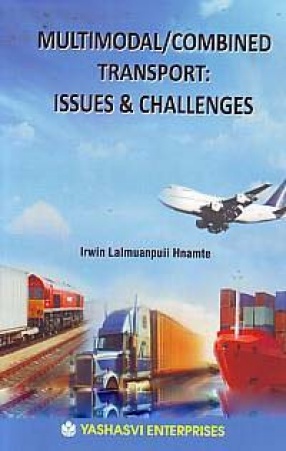The relationship between growth and poverty lies at the heart of development economics. While many see aggregate growth as both necessary and sufficient for reducing poverty, others stress that the benefits of growth may not be evenly spread. In fact critics of globalization often point out that growth of the macroeconomy may well have an adverse effect on the most vulnerable members of society. Thus the distributional impact of growth, as well as its level, needs to be taken into account when considering the consequences for poverty. The importance of this topic, and the continuing controversies surrounding it, prompted UNU/WIDER to organize a major academic conference on growth and poverty in May 2001. Its purpose was to review current thinking on the issue, to stimulate fresh research, and so allow researchers from various backgrounds to exchange ideas on future policy directions. Perspectives on Growth and Poverty contains an important selection of the conference papers. They deal with institutional and policy questions, as well as sectoral issues and individual country experiences that illustrate the broad range of objectives and topics. One set of conclusions to emerge is that initial conditions, institutions, specific country structures, and time horizons all play a significant role. The country- and context-specific nature of these factors point to the need for creative national solutions to the problem of poverty. This in turn requires an informed policy debate within countries: one which may hopefully lead to a consensus between different interest groups or at least help to clarify the basis of opposing views. The aim of this volume is to stimulate and enhance this debate.
Macroeconomics
$21.85
$23.00




There are no reviews yet.